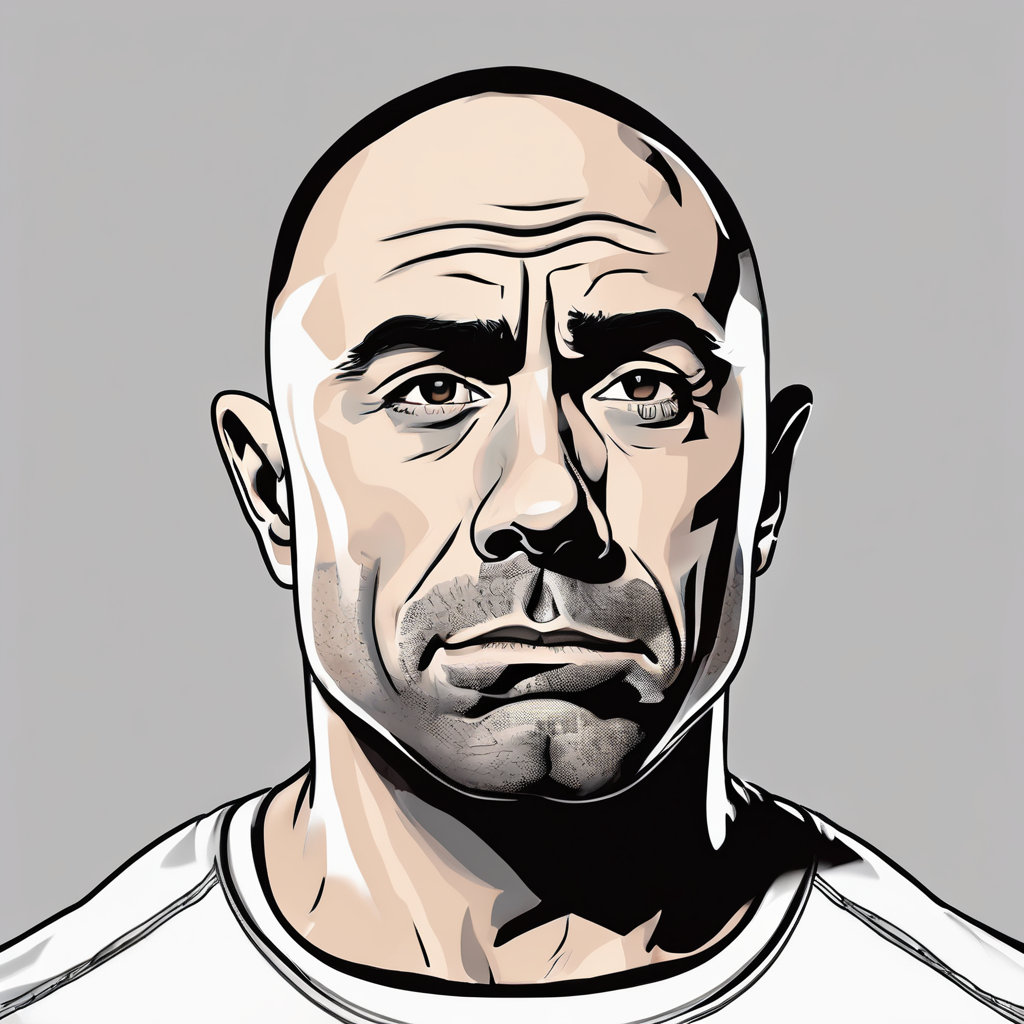Joe Rogan on the Emotional Toll of Witnessing Friends’ UFC Defeats: A Deeper Look
Joe Rogan on the Emotional Toll of Witnessing Friends’ UFC Defeats: A Deeper Look
Joe Rogan, the ubiquitous voice of the UFC and host of the world-renowned Joe Rogan Experience podcast, has recently opened up about the personal and emotional challenges he faces as a ringside commentator. While known for his insightful analysis and energetic delivery, Rogan’s long tenure with the UFC has placed him in the unenviable position of witnessing close friends and respected colleagues suffer devastating defeats within the Octagon.
Rogan’s connection to the fight game runs deep. He’s not just a commentator; he’s a martial arts enthusiast, a former competitor, and a passionate advocate for the sport. This intimate relationship with the world of mixed martial arts means that he often has personal relationships with the fighters he analyzes. He’s seen fighters rise to incredible heights and crumble under immense pressure, a perspective that offers him a unique insight, but also makes the losses all the more painful.
The inherent brutality of MMA is unavoidable. Fighters dedicate years to honing their skills, pushing their bodies to the limit, and sacrificing everything for a chance at glory. When a fight ends in a knockout or a submission, the physical and emotional toll on the losing fighter can be immense. Rogan, being so close to these athletes, often shares in their pain. He’s spoken about the difficulty of separating his professional role from his personal feelings, especially when commentating on a fight involving someone he considers a friend. The ‘Bloody Elbow’ article highlights instances where Rogan has visibly shown emotion, reflecting on the ‘devastating’ nature of certain losses.
The emotional impact isn’t limited to just immediate reaction. Rogan has mentioned struggling with the long-term consequences of these defeats, worrying about the fighters’ mental and physical well-being. He acknowledges the risks involved in the sport and expresses concern for the fighters’ futures, especially those who suffer repeated head trauma. This concern has often fueled discussions on his podcast, where he has openly debated the long-term health effects of MMA and the responsibilities of the UFC in protecting its athletes.
While Rogan remains a passionate advocate for the sport, his vulnerability in acknowledging the emotional toll it takes on him provides a more human and relatable perspective. He reminds us that behind the highlight-reel knockouts and the intense rivalries, there are real people with hopes, dreams, and families, and that their sacrifices, wins, and losses resonate far beyond the Octagon.

